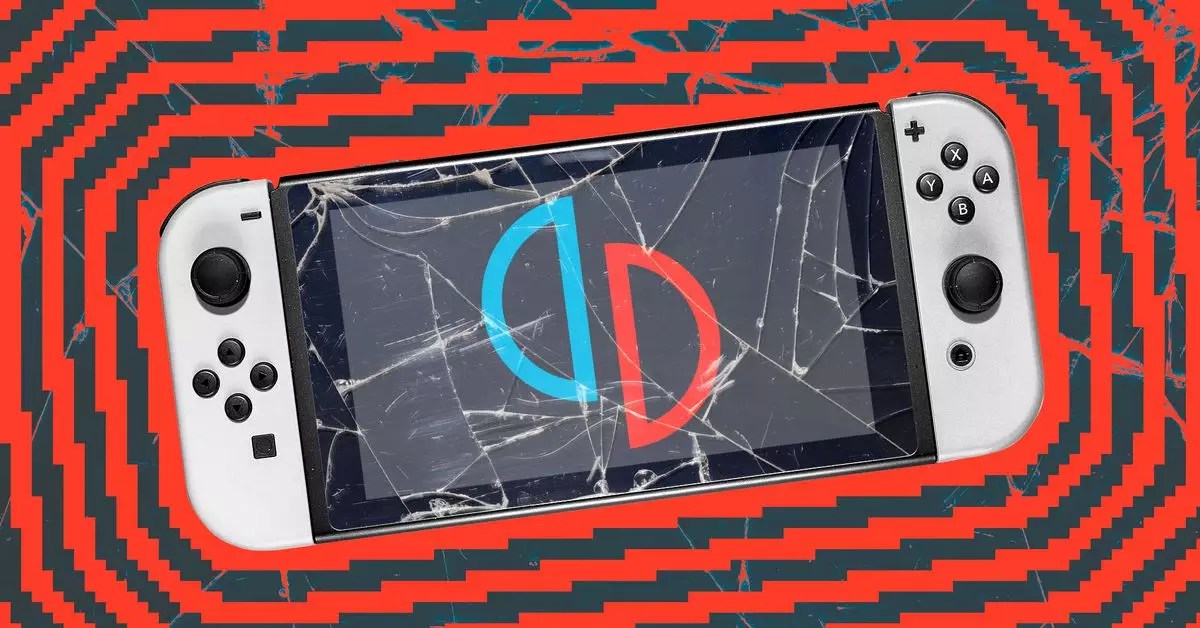Recently, GitLab made a decision to cut off access to the Nintendo Switch emulator Suyu and disable the accounts of its developers. This action was taken in response to a DMCA takedown notice received by GitLab from a representative of the rightsholder. The takedown notice alleged that Suyu was in violation of DMCA 1201 by circumventing Nintendo’s technical protection measures. However, it is important to note that Nintendo did not necessarily win the rights to Suyu’s code in its settlement with the Yuzu emulator, which Suyu was a fork of.
The actions taken by GitLab against Suyu raise concerns for emulator developers who may face similar challenges in the future. While Suyu claimed that it did not include the same circumvention measures as Yuzu, the validity of these claims did not seem to matter in the grand scheme of things. GitLab’s decision to disable access to Suyu highlights the power that platforms have in deciding what content they host. This raises questions about the level of protection that developers can expect when creating and sharing emulator software.
One particular concern that arises from this situation is GitLab’s policy on disabling user accounts without giving them the opportunity to delete their projects or file a DMCA counter-notice. The lack of transparency in GitLab’s decision-making process leaves users unsure about their rights and how they can defend themselves against takedown requests. The company’s online handbook does not provide clear guidelines on why a user may be blocked or banned from the platform, leaving users in a vulnerable position.
Despite the setback faced by Suyu developers, it appears that they have already found a new home for the emulator. One of the leaders of Suyu announced that they would be hosting a copy of the code, and another member had already cloned the repository to a new location. This demonstrates the resilience of emulator developers in the face of legal challenges and the determination to continue their work despite obstacles.
The recent actions taken against the Suyu emulator by GitLab highlight the challenges faced by developers of emulator software. The power dynamics between platform hosts and developers raise questions about the protection of intellectual property rights and the ability of developers to defend themselves against takedown requests. Despite these challenges, the determination of emulator developers to continue their work signals a continued push for innovation in the gaming industry.


Leave a Reply